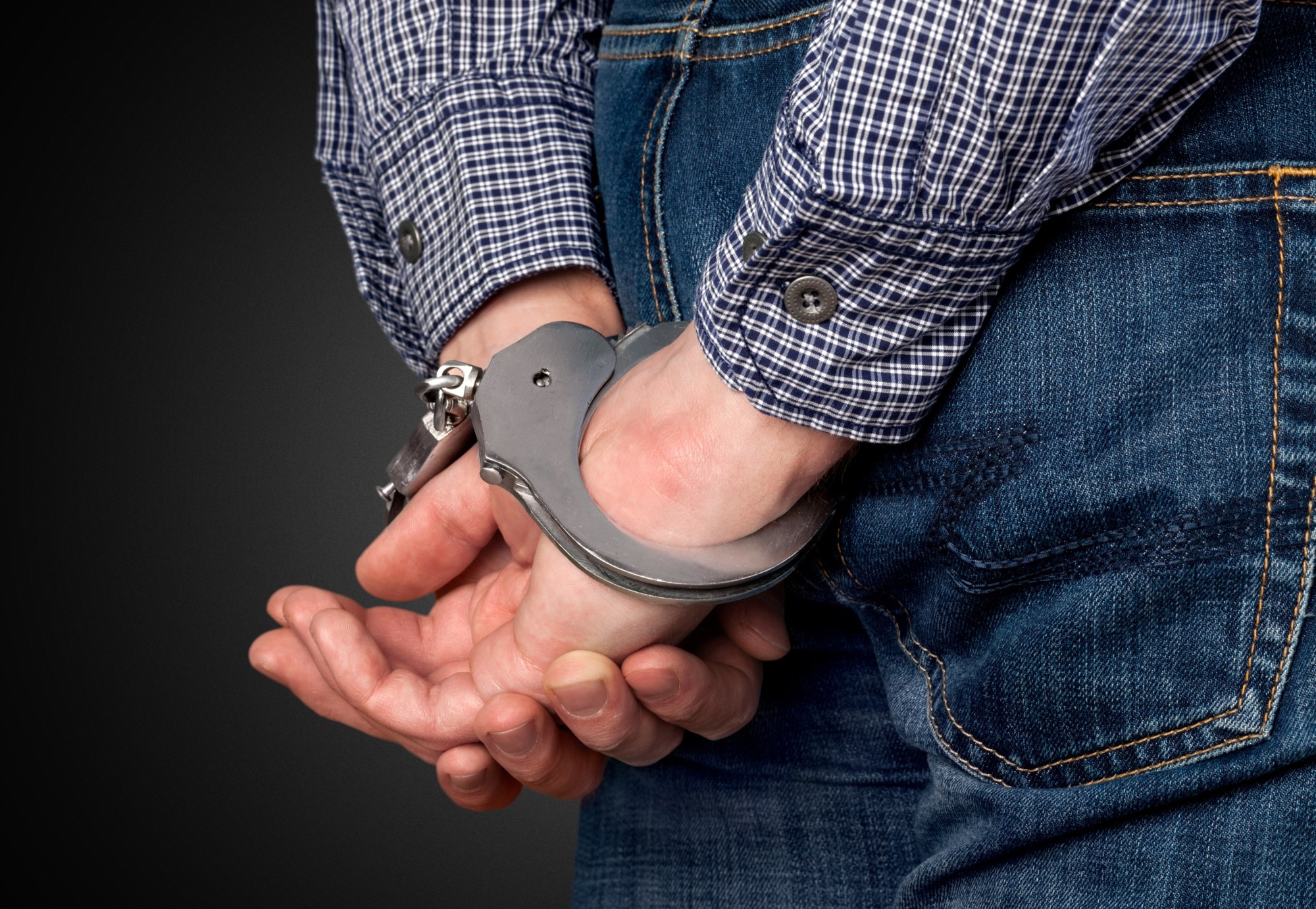
How to Deal With a Wrongful DUI Arrest
Few of us consider what might happen if we got arrested. Even fewer still think about what might happen if we were wrongly arrested.
It happens more often than you’d think. In 2017 alone, 139 convicted defendants were exonerated for wrongful convictions. In 2018, three Florida police officers were sent to prison for false arrests.
If you’re facing a wrongful DUI arrest, it’s important to understand that you have options available. Here’s what you need to know to fight false DUI charges.
Understand Wrongful Arrest and Probable Cause
First, you need to understand two basic legal concepts that will make or break your case: wrongful arrest and probable cause.
Wrongful arrest, legally known as false arrest, is the unlawful restraint of another person’s freedom of movement. It occurs when one person holds another individual against their will or when one person takes another individual into custody without the legal justification to do so.
This relies on the concept of probable cause, which is a key requirement in the arrest process. Under the Fourth Amendment, police officers must be able to point to objective circumstances leading them to believe that a suspect committed a crime.
Basically, an arrest is only valid so long as it has probable cause. However, a judge, not a police officer, has the final say on probable cause, which means that a judge and a police officer may look at the same facts and disagree over whether or not it establishes probable cause.
Note that probable cause may exist at the time of the arrest, even if you didn’t do anything wrong. So long as a judge agrees that there was probable cause, the arrest is valid, even if you are actually innocent.
Sue for False Arrest
If this is a case where you were arrested and didn’t actually do anything wrong, you can sue for false arrest under 42 U.S.C. 1983 for a civil rights violation.
Generally, the goal of such a lawsuit is to challenge probable cause.
In a DUI case, evidence of probable cause includes things like:
- Traffic violations or erratic driving
- Failure of a field sobriety test
- Reading of 0.08% blood alcohol concentration or higher
- Bloodshot eyes
- The smell of alcohol on the driver’s breath
Note: an officer cannot arrest you if you refuse a field sobriety test. You actually have the legal right to refuse a field sobriety test and a Breathalyzer test. This will result in the suspension of your license, but you can take more comprehensive chemical tests at the police station to prove sobriety.
Put it this way: would you rather have a jury hear about a uniformed officer’s subjective interpretation of your sobriety, or have scientific evidence that you were sober?
Either way, make sure to talk to a DUI attorney immediately (click here to learn about it).
Be Aware of Your Rights Following a DUI Arrest
Above all, the most important thing to remember is to keep your wits about you when dealing with a false DUI arrest.
It is possible to fight the case. Even if you’ve been charged, it is possible to get it removed from your record if your case succeeds. You just have to talk to an attorney and not make foolish mistakes.
And if you need more tips to handle life’s colorful surprises, make sure to check out our blog for more posts like this one.
